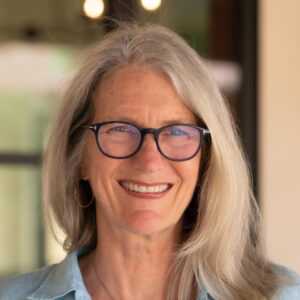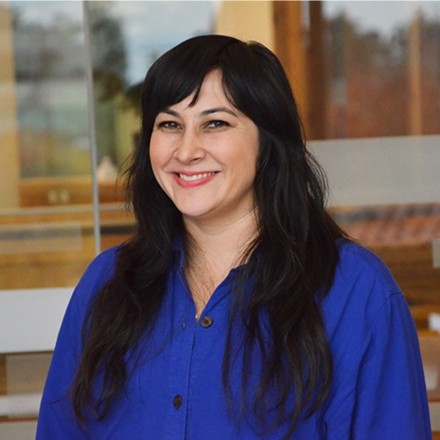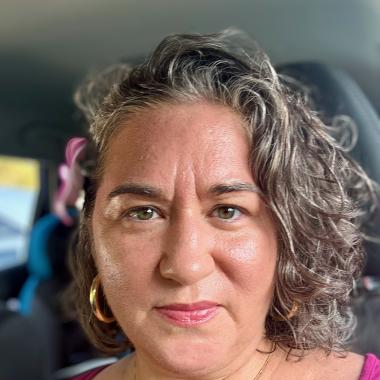Investing in Power Building to Achieve a Multiracial Democracy
As a Filipino-American immigrant who grew up in a predominantly white San Diego in the 1970s and 1980s, I have experienced and witnessed first hand the dramatic social, economic, and political shifts that have shaped California over the past 40 years. This experience has given me a deep appreciation that the movement towards justice and equity is a long and winding journey.
Back then, California was far from the progressive bastion that it is known for today. Racism, anti-immigrant sentiment, and a "tough-on-crime" philosophy enabled draconian policies that devastated poor, Black, Indigenous, people of color, and immigrant communities. Those policies included Proposition 187 (passed in 1994), which denied social services to undocumented immigrants, Proposition 209 (passed in 1996), which ended affirmative action, and Proposition 21 (passed in 2000), which targeted and criminalized young people of color. Conservative forces used racism, xenophobia and fear to exploit the uncertainty that people felt about a changing California. This experience shaped who I am, how I move in the world, and what I do. My personal journey also informs my perspective that the biggest contribution those of us in philanthropy can make is to invest in power building, so that communities most impacted can lead the long-term fight for racial justice.
As I reflect on the current moment, marked by a politics of fear, anxiety, and division, I look to California's problematic history as a reminder that the fight for justice, equity and belonging is an ongoing, forever fight. Today, we are witnessing many of the same forces who amplify fear and hate at work in our state and around the country, seeking to undermine our democracy, roll back important progress toward justice and equity, and preserve power and wealth for the privileged few.
Just like decades ago, how we respond in this critical moment will shape what our state and nation will become. Experience tells us that stronger movements are forged during the most challenging of times. For example, the passage of Proposition 21 in 2000 marked a pivotal period that sparked and galvanized a generation of leaders from all sectors who had a more inclusive, just and hopeful vision for a California where everyone belongs. The youth leaders and organizers who pushed back against Proposition 21 inspired Quinn Delaney and Wayne Jordan to start Akonadi Foundation, envisioned as a partner in the work to advance racial justice. Quinn and Wayne set out to form a philanthropic institution that listens closely, collaborates deeply, and moves alongside courageous advocates and organizers on the frontlines.
Since Proposition 21 passed and Akonadi was founded, we have seen the fight for justice and power continue. Those same youth organizers and leaders who were politicized by cruel, racist policies in the ’80s and ‘90s are now respected leaders in the movement for racial justice. Thanks to their leadership and the leadership of directly impacted people, in the last decade, we have seen advancements in criminal justice reform in California, such as Proposition 47, which reduced certain non-violent, low-level crimes from felonies to misdemeanors. Proposition 57 banned district attorneys from directly charging kids as young as 14 years old as adults; and allowed adults to be considered for parole or reduced sentences for good behavior, educational achievements, and rehabilitation. And just this year, through the Health4All law, California became the first state in the nation to expand Medicaid to all uninsured Californians, including 2 million low income undocumented immigrants.
As we face the stinging backlash to progress and concerted efforts to challenge the movement for greater equity and inclusion, a new generation of organizers and leaders are defending these wins and building the power of communities to dismantle systems of oppression.
I feel privileged to be at Akonadi Foundation, where supporting organizing to build power is part of the foundation’s DNA. We deeply invest in leaders and organizations committed to racial justice, so those who have been historically denied power can have the resources and tools they need to shape their lives and communities.
At this moment, we are not backing away — we are doubling down. We are committed to working with our funder partners to help communities gain governing power — or, as the Grassroots Power Project notes, the power to "design, drive demand for, legislate, enforce and defend a structural reform agenda that serves the interests of people (rather than the wealthy few)." Building governing power is a long-term, hard-won change and requires us, as funders, to look and invest beyond the immediate policy campaigns. It requires us to trust and invest deeply in the power of the people — the organizers, organizations, and alliances that will move a vision of a California that is truly for all.
As funders, we can heed some of the lessons learned from movement and funder partners and mentors over decades of struggle:
-
Power comes in various forms, political, economic, and cultural; achieving governing power requires us to engage in diverse strategies on multiple fronts.
-
Funders must create collaborative partnerships with movement leaders and organizations that allow for the trust and honesty required for co-creating strategies and approaches.
-
Funders must work in alignment with each other and community partners around a shared analysis and long-term agenda, so that collectively, we are supporting the organizations, the infrastructure and necessary capabilities required by movement leaders.
-
Building power is a cyclical process that continually evolves and adapts over time to changing circumstances. Movements ebb and flow and funders must respond to the challenges and needs as they evolve during the normal life cycle of movements. Building power requires patience and commitment to the long game. It is critical to invest in infrastructure that allows power to be built over time, regardless of political wins or losses.
-
Funders should invest in healing and wellness to support the individuals and communities who are central to sustaining long-term movement work.
-
Funders should also use their voice, relationships, and networks, strategically in alignment with movement goals. Our power can and has historically been harmful, but it can also be transformative if we deploy it in service of justice.






